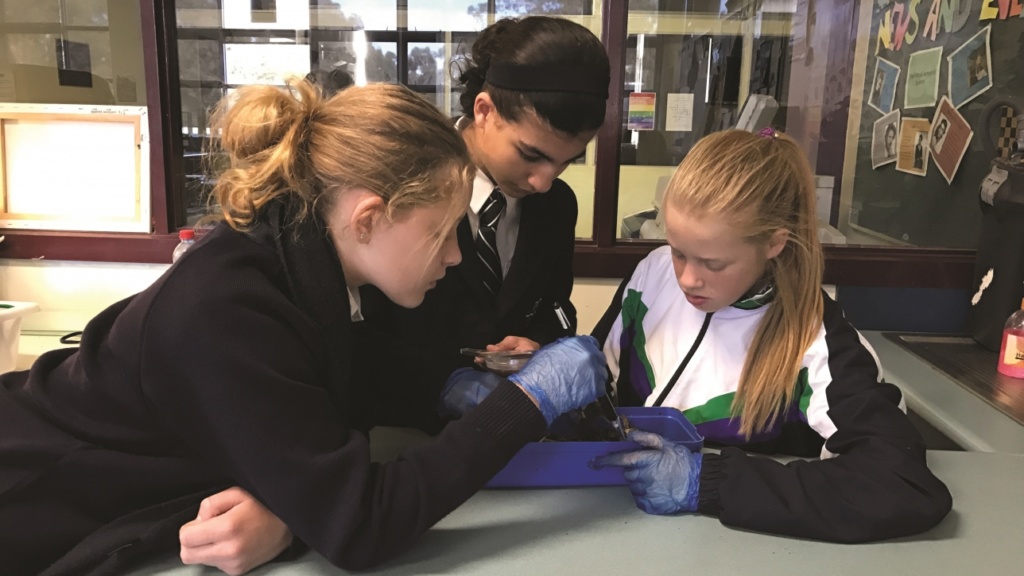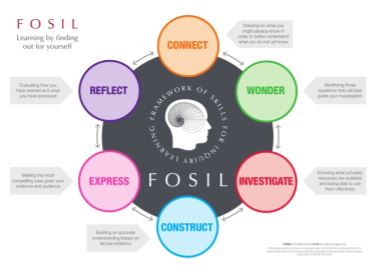

Schools are judged by test results and one of the tried and tested ways to get our students through this process is to give them the information they need and then help them to give it back to us through an exam. I can understand how this has happened but want to demonstrate that direct instruction can and should be part of the inquiry learning process and can also positively impact exam results.
FOSIL -style nquiry learning is not an approach where the teacher offers no assistance and the students are expected to find out by themselves. As Tytler states, "direct teaching seems sensible for teaching facts, for instance, or for introducing and practicing skills, but what of higher-level outcomes where knowledge involves significant conceptual shifts?"
This can come about from teaching through inquiry learning and within it teaching facts and practical skills too. Students taught this way show "high levels of student engagement and representational competence … through doing rather than learning about their subjects" (Tytler, 2019). Before going on to discuss how this all works, it is important to bear Tytler's conclusion in mind:
"Direct teaching advocates the gradual ceding of control to students after they have been taught techniques, and monitoring of their work, rather than our staged process of exploration, invention, evaluation and revision. The payoff, we argue, is that students come to know the disciplinary ideas in richer ways.
“We have found, however, that the approach requires of teachers both significant knowledge of the science and mathematics, and command of a pedagogy involving negotiation and refinement of student ideas, compared to ‘telling’. It also takes more time. However, if we are serious about developing STEM skills for interdisciplinary problem solving, we argue there are no shortcuts."
Year 7 Science Project FOSILised
Chris Foster, Teacher of Chemistry and Head of Student Research at Oakham School, had experience of inquiry learning using a framework called FOSIL (Framework Of Skills for Inquiry Learning - see below), which I described in my previous article, in the Upper School (Years 12 and 13), but wanted to introduce it into the Lower School (Years 6 to 8) Science curriculum.